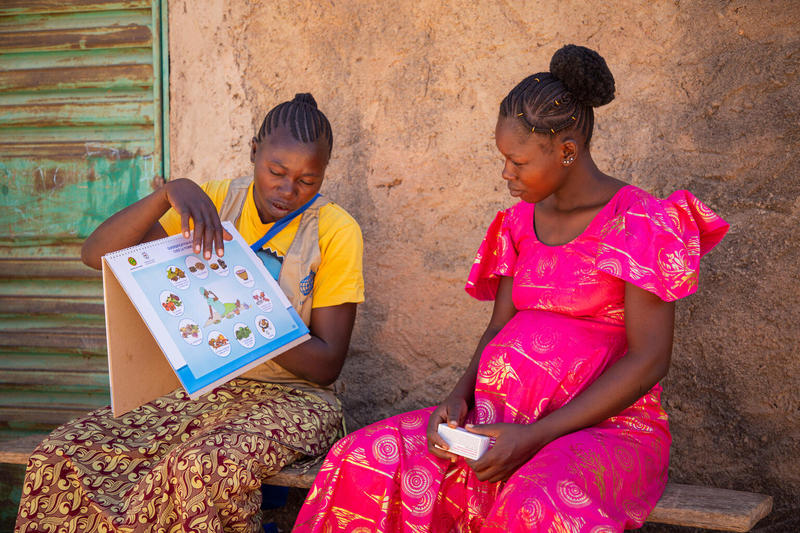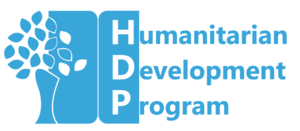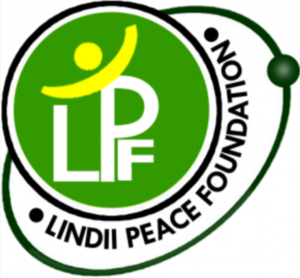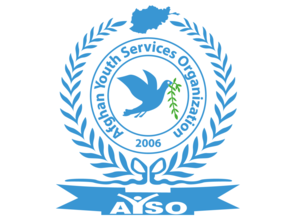Request support on coordination, information management, integration for nutrition outcomes or technical nutrition in emergencies assistance.
التماس الدعم لتنسيق التغذية وإدارة المعلومات والتغذية في حالات الطوارئ
Demander un appui pour la coordination de la nutrition, la gestion de l'information et la nutrition dans les situations d'urgence
Buscar apoyo para la coordinación de la nutrición, la gestión de la información y la nutrición en situaciones de emergencia
Solicite apoio para coordenação em nutrição, gestão de informação e nutrição em emergências
In April-May 2024, the GNC hosted an online workshop series to help bridge the gap between Social and Behaviour Change (SBC) theory and practice. The series was led by the GNC SBC Advisor, Sona Sharma, and included four online workshops on different aspects of SBC for practitioners of nutrition in emergencies (NiE). The workshops covered four topics: ABCs of SBC, the Nuts and Bolts, the Creative Hat, and Measuring Change.
The workshops were designed to be highly interactive and thus were limited to a fixed number of participants for each session. From the beginning, local or national actors, and especially government counterparts, were encouraged to apply for the workshop series. The response was overwhelming and encouraging! Sona received more than 450 responses, of which close to 200 applicants represented local or national actors*, so she decided to offer two cohorts of each workshop in English and Arabic to accommodate more participants.
Overview of the SBC series
Each session was designed to be interactive and include practicing either a key aspect of SBC or using a tool for a key step in the SBC process.
Session 1: Participants role-played three scenarios based on real-life situations to practice asking open-ended questions and obtaining information to understand barriers and enablers of behaviour change.
Session 2: Participants practiced using a tool to prioritise behaviours and used the information on barriers and enablers to determine the pathways from factors/determinants to SBC activities.
Session 3: Participants focused on identifying implementation challenges in finding creative solutions to address barriers to behaviour change and using storytelling as one of the creative approaches.
Session 4: Participants developed monitoring indicators for SBC using the same scenarios and behaviours as in the previous sessions.
In total, over the entirety of the workshop series, 56 practitioners from nine different countries attended, with numerous local or national organisations or government agencies represented.

Learning from one another’s experiences
In all four sessions, participants had ample opportunities to share their experiences – both achievements and challenges related to different aspects of SBC – which enriched the discussions and shared learning. Some experiences and challenges shared during the sessions include:
A need to work at multiple levels (individual, family, community, and social/structural) to enable behaviour change. One participant shared that even if a mother wants to breastfeed and the family is supportive, if she can’t find a safe or enabling environment to breastfeed outside the home, it's very hard to change.
Deeply rooted social norms must be addressed, but can be challenging. For example, it was shared that in some villages, despite efforts to raise awareness about exclusive breastfeeding, women don’t understand that children should not be given animal milk or tea or any other foods before six months of age. They’ve learned from their mothers that children can be fed yoghurt and so they follow that practice instead of the advice to exclusively breastfeed. A possible solution shared was to use approaches to change social norms, such as working with community leaders or religious leaders who are trusted by the community.
Affirmation that our approaches must be adapted to the context. Another participant shared an experience of using standardised counselling cards in which most of the foods and vegetables used in the visuals were not available locally, not accessible, or not affordable. The team had to tell the caregivers the food substitutes they could find in their area thus confusing caregivers who did not understand why they were being shown images of fruit and vegetables they were not able to access. A key takeaway from this shared experience was the importance of contextualising visual aid materials so that they are relevant to the audience.
Overall, sharing one another’s experiences across different contexts enriched the workshop sessions by ensuring the theories were grounded in practical examples.
Participant reflections

Wegdan Al-Hujaeli, Health & Nutrition Officer with Humanitarian Development Program (HDP) in Yemen shared: "My experience in the workshop series was excellent and thought-provoking. I learned the core concepts and theories of behaviour change, as well as practical strategies for designing and implementing effective campaigns and monitoring and evaluating SBC activities. The interaction with other participants and sharing of experiences was also invaluable." "The knowledge gained from the SBC workshop will undoubtedly assist me in my future work in the development sector. I now have a better understanding of how to engage with local communities, the factors influencing behaviours, and effective change strategies. This includes creating logical pathways for change and developing comprehensive SBC strategies. I plan to apply this knowledge to design more targeted initiatives, conduct community engagement activities, and measure the assimilation and acceptance of optimal nutrition practices moving forward." |

Janada Yahaya, Programme Officer with Lindii Peace Foundation in Nigeria shared: “My experience in the workshop series is generally great because I got to interact with great minds about SBC in nutrition with actors from different organisations, which further broaden my perspective on nutrition, social norms, the different challenges and how different approaches can be used to solve problems. During the workshop, I learnt about the Nuts and Bolts of SBC on how to prioritise behaviours, analyse, confirm and refine priorities, highlight factors, create linked pathways, and develop SBC strategies. Going forward, I will use these same standards to help me in community entry and also to know the best approach to use to measure assimilation and acceptance of best nutrition practices.” |

Dr. Ahmad Sear Rahmanzai Sapai, Health and Nutrition Coordinator with the Afghan Youth Services Organization (AYSO) shared: “The entire workshop was designed very well and the facilitators were playing a very sound role in conveying their knowledge to us and bringing up the field examples. Since I am running the SBC projects in Afghanistan, thus I now have enough command on integrating the SBC activities with nutrition projects we are running inside the communities, and I can well define the role of our mobilizers in community awareness engagements.” |
At the conclusion of the workshop, engaged participants received a certificate of completion and were encouraged to contact the GNC for any clarifications, support, or resources practitioners on SBC or other aspects of NiE.
The GNC plans to host more workshops like this in the future. If you would like to suggest a topic, please contact Alexa Humphreys: ahumphreys@actionagainsthunger.ca.
Couldn't attend the SBC workshops? No worries! You can access additional resources and find the session recordings on the GNC Webinars YouTube channel.
* The IASC considers LNAs to be state authorities of the affected aid recipient country engaged in relief, whether at local or national level, and organisations engaged in relief that are headquartered and operating in their own aid recipient country and which are not affiliated to an international NGO
